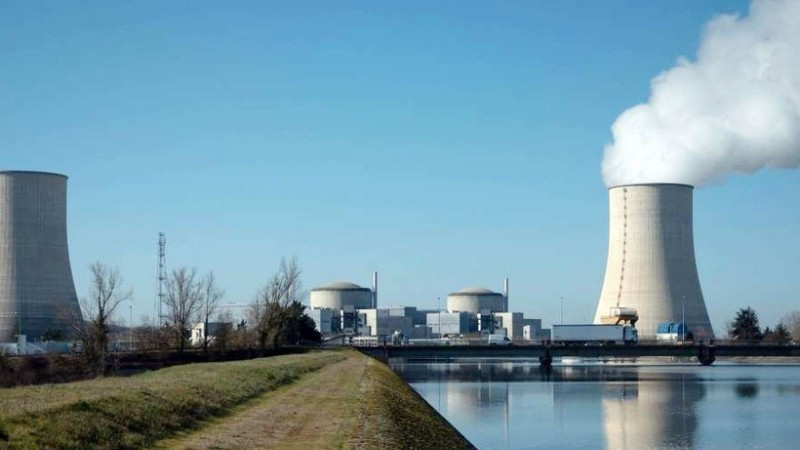With pine trees swaying in the sea breeze, mild temperatures and local wine, the setting at the Toulon naval base in France, where the Franco-German intergovernmental meeting took place last Friday, was said to have helped foster the warm atmosphere of the event.
This was the 25th Franco-German cabinet meeting, but the first since German Chancellor Friedrich Merz took office.
Reporting on the German leader’s arrival in Toulon and his warm exchange of smiles and greetings with French President Emmanuel Macron, international media highlighted the firm handshake and the cordial embrace between the two leaders, a signal of harmony in bilateral relations.
The German Chancellor further impressed by speaking fluent French, saying it was a special honour to be present, and above all, a testament to the enduring friendship between the two nations and between the two leaders themselves.
In Toulon, President Macron and Chancellor Merz expressed determination to put an end to the chill that had marked relations under former German Chancellor Olaf Scholz, in order to work together to shape a new European future.
The need to revive ties between the two leading powers of the European Union (EU) has become urgent, as Europe faces daunting challenges, from the protracted conflict in Ukraine and fraught trade talks with the United States, to sharp disagreements between France and Germany over defence and energy.
Going straight to the heart of the issues, President Macron and Chancellor Merz held candid discussions on security, defence, the war in Ukraine, and other crucial matters.
Joint defence projects were put forward to enhance efficiency. On energy, both sides pledged to stop obstructing each other’s choices and instead to provide mutual support for development.
This marked significant progress. France, which generates roughly two-thirds of its electricity from nuclear power, is striving to expand capacity and have the sector labelled “green” at EU level, while Germany, having shut down its last nuclear power plants in 2023, is betting on imports and renewables, and has previously opposed Paris’s plans.
Another thorny issue discussed was the EU’s trade agreement with the South American bloc MERCOSUR.
France has repeatedly opposed the deal, seeking stronger safeguards for its farmers, whereas Germany has pushed for swift ratification to capitalise on its export strengths. On security, both sides reaffirmed their commitment to supporting Kyiv in the conflict in Ukraine.
France and Germany also agreed that Europe must invest more in defending itself and reduce its reliance on the United States. “Strategic autonomy” was a phrase frequently repeated as officials gazed out over Toulon Bay. As Europe’s central axis, the Franco-German relationship is seen as a vital foundation for building a continent with clear geopolitical weight and a stronger voice on the international stage.
This was also underscored by both leaders during the meeting. While disagreements remain, the current signs of warmth in bilateral ties are gradually dispelling past mistrust and chill. Strong political will on both sides has sent a message of change in relations between the two nations.
Observers note that Chancellor Friedrich Merz appears ready to make bold decisions to tackle the major challenges facing Europe. Whether the cordial and sincere relationship between the French and German leaders will be enough to heal deep-seated rifts between the two countries remains to be seen.
That question will take time to answer. For now, however, the warming up in Franco-German relations is expected to provide fresh impetus for the EU to weather current storms.
















